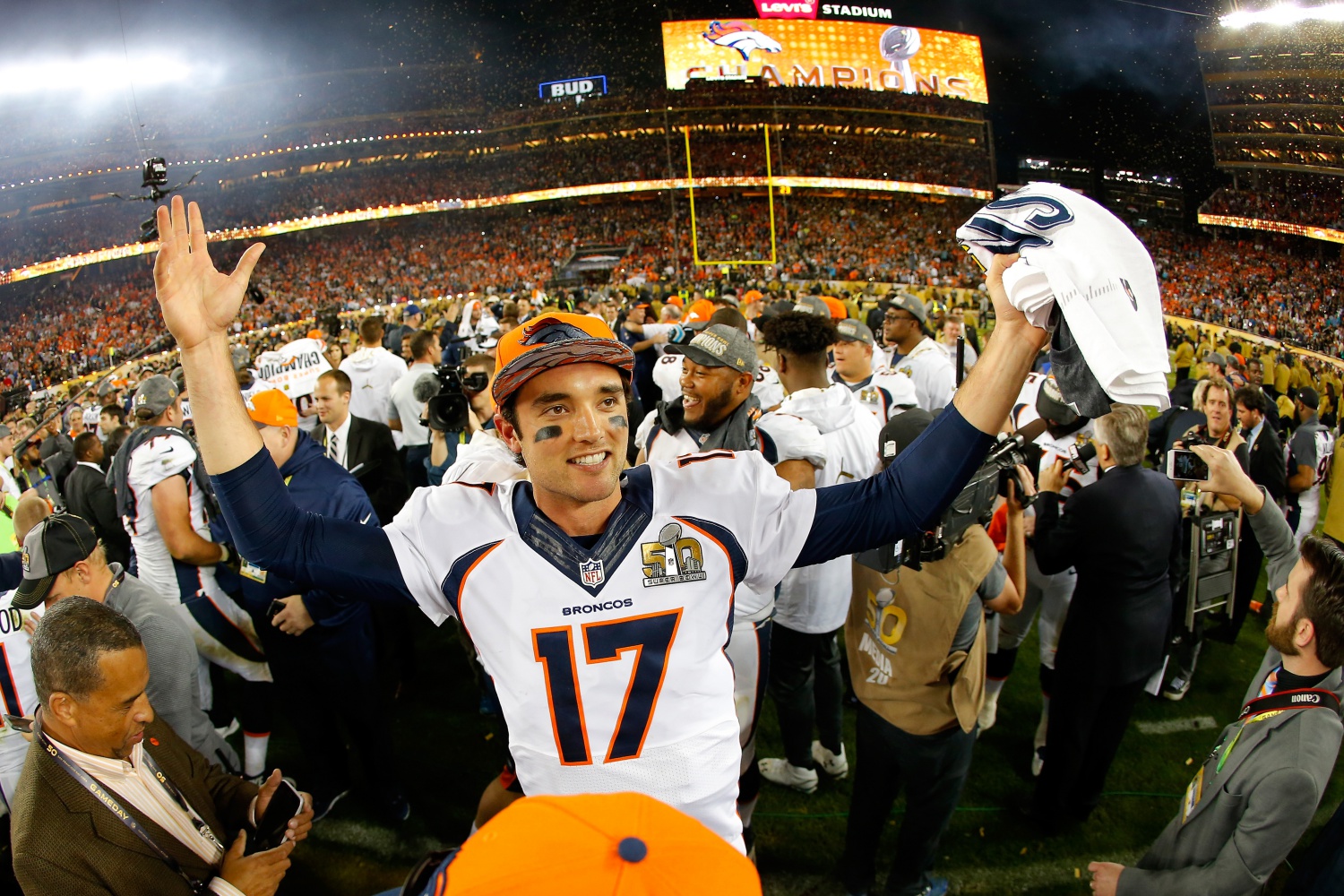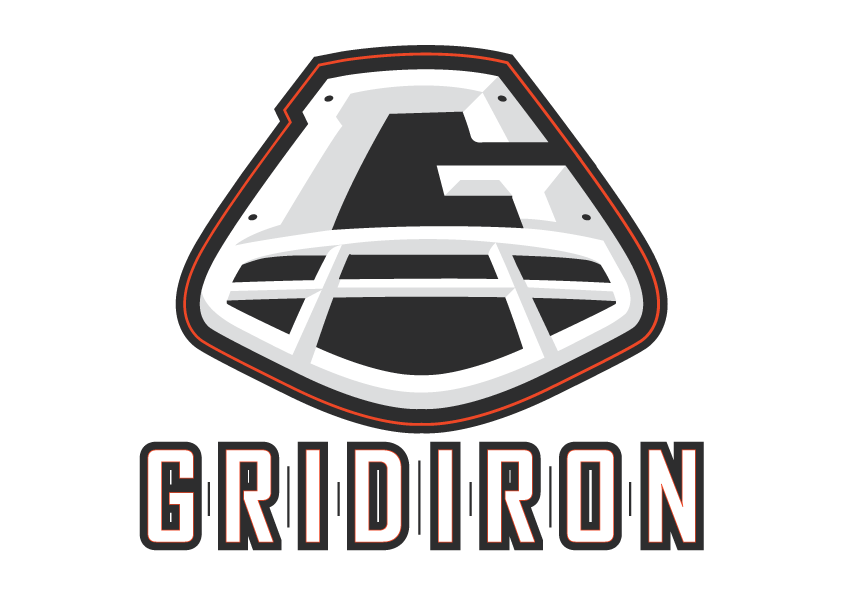
Carlson’s Commentary: Free-Agency
The path to next year’s Super Bowl begins in earnest as the free-agency market opens once again. Mike Carlson assesses the landscape ahead of one of the most dramatic days on the NFL calendar.
The NFL free-agency marketplace is as volatile as Wall Street’s derivatives, and just as derivative. While few teams are as committed to over-rewarding Super Bowl MVPs as Al Davis was (Desmond Howard, Larry Brown), because everybody is watching the big game it can set trends that reverberate through the free-agency (and draft) process.
Denver’s win will send out a very strong message about how defense wins championships, an idea to which everyone plays lip service but that often takes the back seat in implementation to flashy quarterbacks or wide receivers. But you have to examine carefully what John Elway did putting that D together: high-ticket free agents up front and at cornerback, free agents at safety and good drafting at those positions, along with a couple of low picks and undrafted guys (Chris Harris, Brandon Marshall) who paid off big. Plus, a defensive coordinator that was able to get the best out of those pieces. Nevertheless, teams will look at that game and think if they get a Von Miller of their own, all be will OK.
[field “MKS”]Miller vaulted into the number-one free-agent spot, but Elway was too shrewd to let him leave him leave. I had Josh Norman at two in my initial list of free-agents, although Carolina were equally reluctant to lose him. Playing the franchise card is always tricky; even if you say you want to get a long-term deal done, it can stand in the way.
But the guy most helped by the Super Bowl is probably Seattle’s Bruce Irvin. He’s not quite a premium edge player like Miller, but he does have great speed with the rush. Whether he could be an every-down outside linebacker or even defensive end for a 4-3 team is still a question, but I suspect Von has made a bit of money for him. And Vinny Curry, whose massive deal from the Philadelphia Eagles looks even more profligate when you consider he has never even started an NFL game.
It will be interesting to see what happens with Carolina’s Frank Alexander when he comes off suspension; he’s still only 25 and is hugely talented. Greg Hardy is a free-agent again, and only 27, but he wouldn’t be on my list because his talent is simply not worth the trouble.
Age is an important thing if you’re going to invest in free-agency (though short-term deals for premium corners have been popular with successful teams in the past few years – cf. Talib, Aqib and Revis, Darrelle). But usually when I look at the market, I try to pinpoint guys who are under 29, with a little flexibility for position.
[field “MKFA”]The other lesson teams may have learned from this season, which became unpredictable due to a large number of high-profile injuries, is that you have to build depth. Which is why short-term fixes with veterans over 30 become attractive (Roman Harper in Carolina, for example) and why guys who might be considered journeymen, or even failures somewhere else become valuable pieces to a winning team, such as Michael Oher, Jerricho Cotchery and Corey ‘Philly’ Brown in Carolina.
In fact, the Panthers are a good example of how strange free-agency is: they picked up Robert McClain and Cortland Finnegan off the street in mid-season, and both played a big part in their secondary. Remember, one man’s junk is another man’s treasure. The key to spotting talent isn’t as much spotting it, but realising what the player can do in your system, and not expecting him to do something more.
